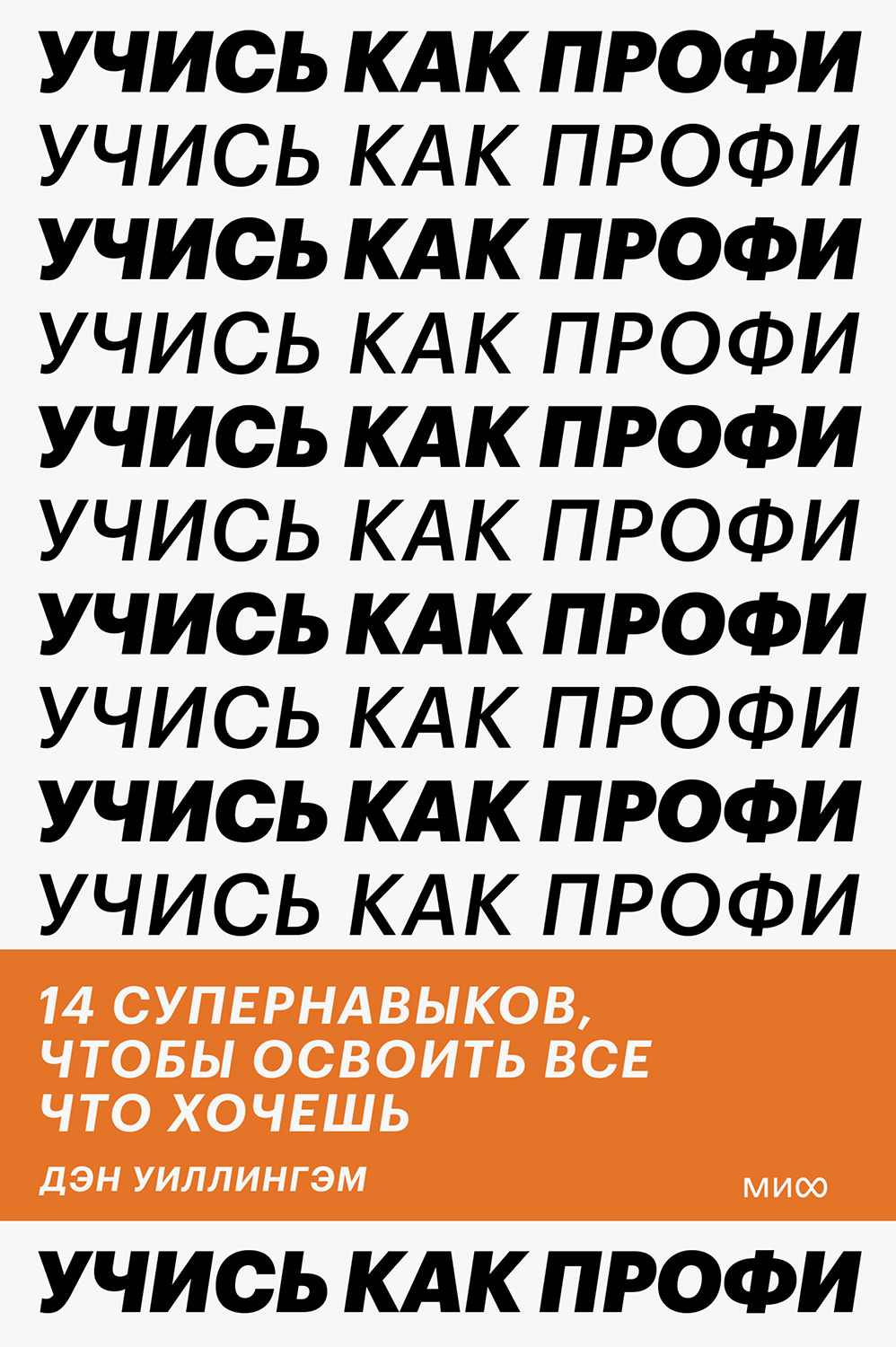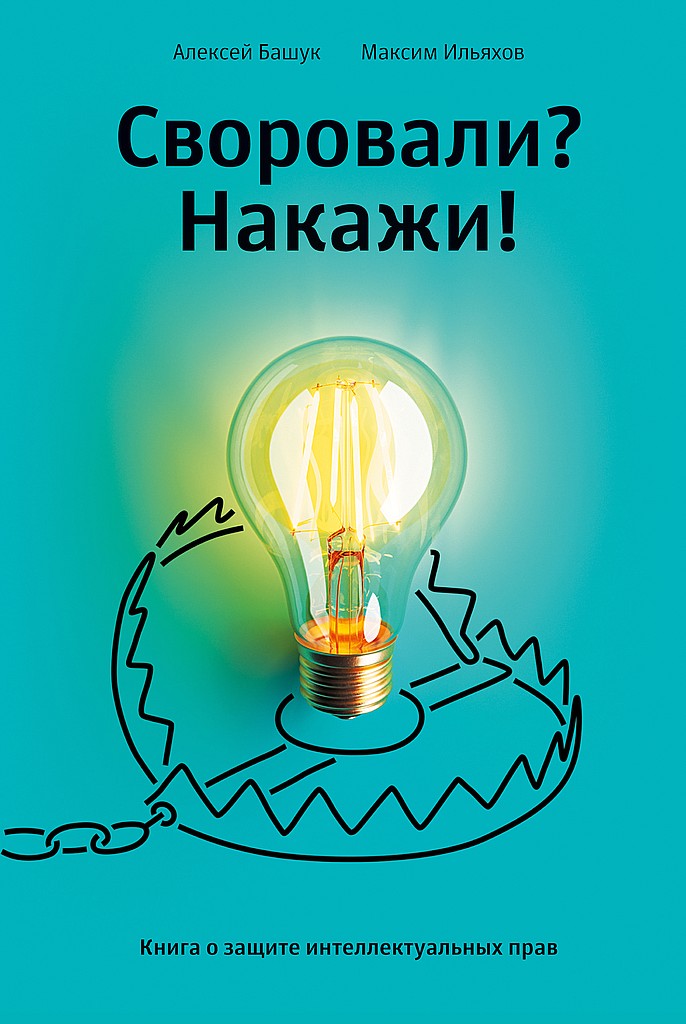Шрифт:
Закладка:
Вы хотите научиться чему-то новому, но не знаете, как это сделать? Вы устаете от скучных и непонятных учебников, лекций, курсов? Вы хотите повысить свою продуктивность, память, концентрацию, креативность? Тогда эта книга для вас!
Дэн Уиллингэм — психолог, исследователь и преподаватель, который изучает процессы обучения и запоминания. Он собрал в своей книге 14 супернавыков, которые помогут вам освоить все, что хотите. Эти навыки основаны на научных данных, проверенных методах и практическом опыте. Они подходят для любого возраста, уровня и области знаний.
В книге вы узнаете:
- Как выбрать правильную цель и мотивацию для обучения
- Как планировать свое время и распределять свои ресурсы
- Как использовать разные виды памяти и внимания
- Как повторять, закреплять и применять полученную информацию
- Как развивать свое критическое мышление и творческое решение проблем
- Как справляться с трудностями, ошибками и стрессом
- Как учиться в группе и взаимодействовать с другими людьми
- Как оценивать свой прогресс и результаты
Книга написана простым и доступным языком, с примерами из жизни, иллюстрациями, тестами и упражнениями. Она не только даст вам теоретические знания, но и научит вас применять их на практике. Она не только ответит на ваши вопросы, но и заставит вас задавать новые. Она не только повысит вашу эффективность, но и улучшит вашу жизнь.
Если вы хотите учиться как профи, то эта книга для вас. Вы можете читать книгу онлайн на сайте knizhkionline.com. Это будет интересное и полезное чтение для всех, кто хочет развиваться, расти и достигать своих целей.





